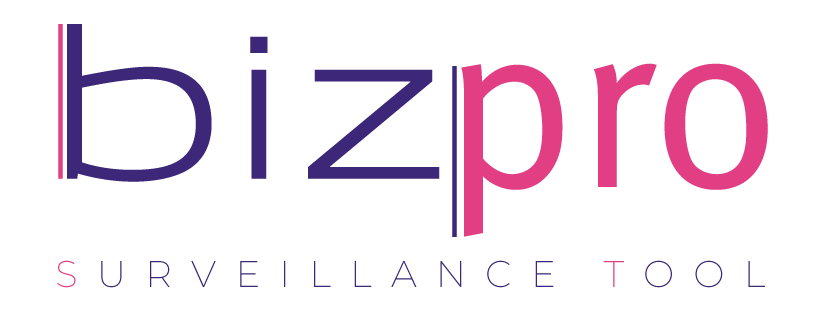Regulatory Context
The European Energy sector has been affected by several financial regulations in order to protect its integrity and transparency.
Among them, the Regulation on Wholesale Energy Market Integrity and Transparency (Regulation EU No 1227/2011, c.d. REMIT) and the Market Abuse Regulation (Regulation EU No 596/2014, c.d. MAR) are focused on potential manipulative behaviors on wholesale physical and financial commodity markets, respectively.
In particular, MAR states that market participants must adopt an appropriate internal control system.
Specifically, they are required to monitor their market activities in order to detect any suspicious manipulative behavior:
“Any person professionally arranging or executing transactions shall establish and maintain effective arrangements, systems and procedures to detect and report suspicious orders and transactions. Where such a person has a reasonable suspicion that an order or transaction in any financial instrument, whether placed or executed on or outside a trading venue, could constitute insider dealing, market manipulation or attempted insider dealing or market manipulation, the person shall notify the competent authority (..)”
BizPro represents a smart response to the MAR regulatory requirement for market participants and a best practice for REMIT.
